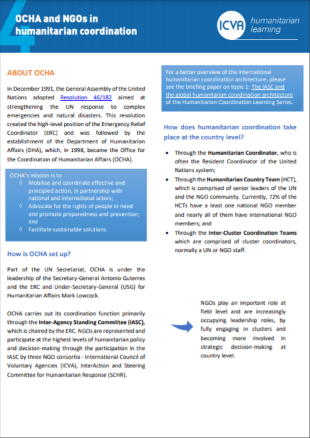
Briefing Paper - OCHA and NGO’s in Humanitarian Coordination
Humanitarian coordination
A briefing paper on OCHA and NGO’s in humanitarian coordination.


A briefing paper on OCHA and NGO’s in humanitarian coordination.
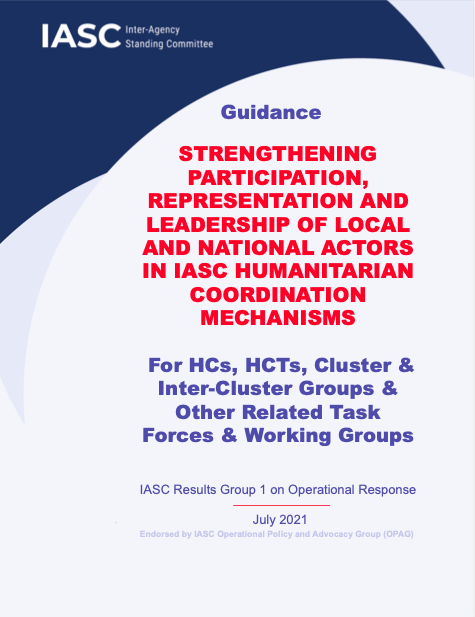
This guidance note has been developed to support efforts to strengthen the meaningful participation, representation, and leadership of local and national humanitarian actors (L/NAs) within IASC humanitarian coordination structures. It draws on over 100 pieces of research and good practice to provide...
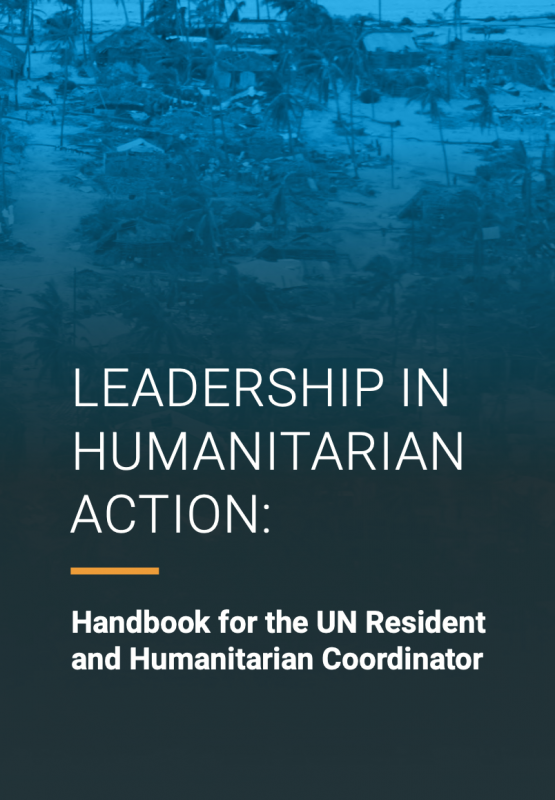
The Handbook serves as a guide to the normative framework for humanitarian action, operational approaches, coordination structures, and available tools and services that facilitate the mobilization of humanitarian assistance. It particularly emphasizes the roles and responsibilities of the UN...
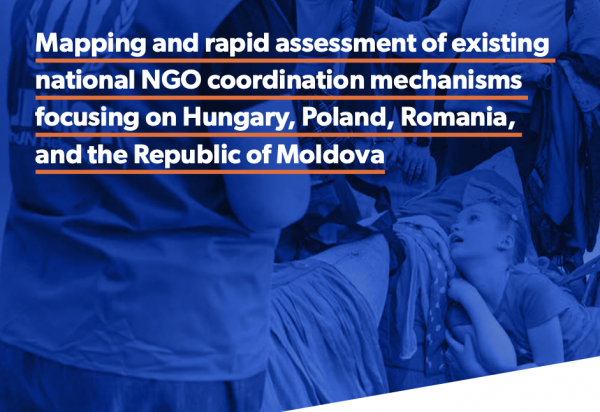
This report aims to provide a snapshot analysis and mapping of existing NGO coordination structures and responses in four neighbouring countries to Ukraine, namely Hungary, Poland, Romania, and the Republic of Moldova. Interviews were conducted with representatives from LNGOs, NNGOs, INGOs, UN...
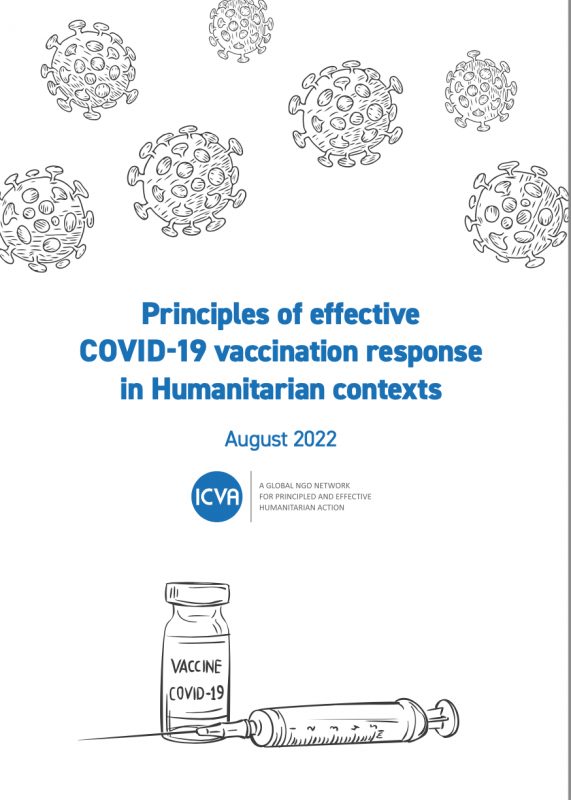
The paper outlines six principles intended to enhance pandemic responses for the current situation and potential future outbreaks.
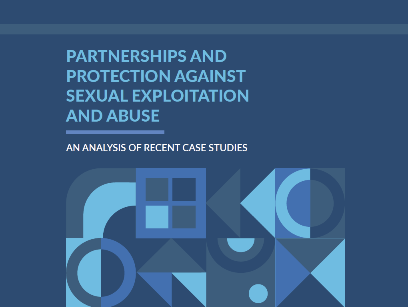
This evidence based study was commissioned by the Steering Committee for Humanitarian Response (SCHR) and International Council of Voluntary Agencies (ICVA). It focuses on the important role played by partnerships in addressing allegations of sexual exploitation and abuse (SEA) against aid workers....
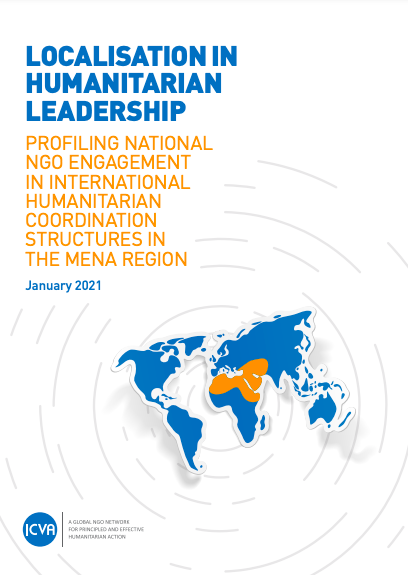
Against the current background of sustaining local responses, ICVA initiated this research aiming at mapping and documenting the extent of effective and meaningful NNGOs engagement in international humanitarian coordination structures. Focusing in specific at MENA region, the research explores NNGOs...
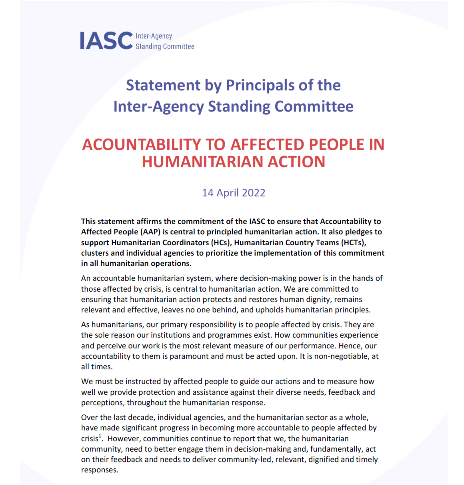
The statement affirms the commitment of the IASC to ensure that Accountability to Affected People is central to principled humanitarian action. It also pledges to support Humanitarian Coordinators, Humanitarian Country Teams, clusters and individual agencies to prioritize the implementation of this...
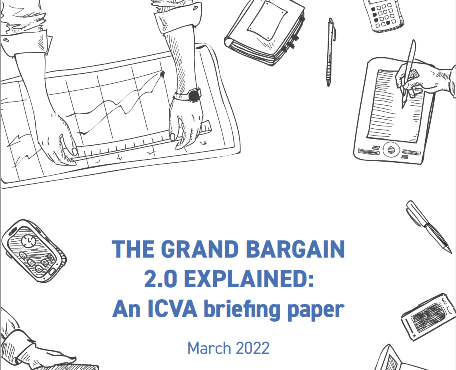
Following the ‘Grand Bargain explained’ paper published in March 2017, ICVA has drafted the ‘Grand Bargain 2.0 explained’ briefing paper to support humanitarian actors, particularly NGOs, to better understand and engage in this new phase of the Grand Bargain 2.0 from 2021 – 2023.
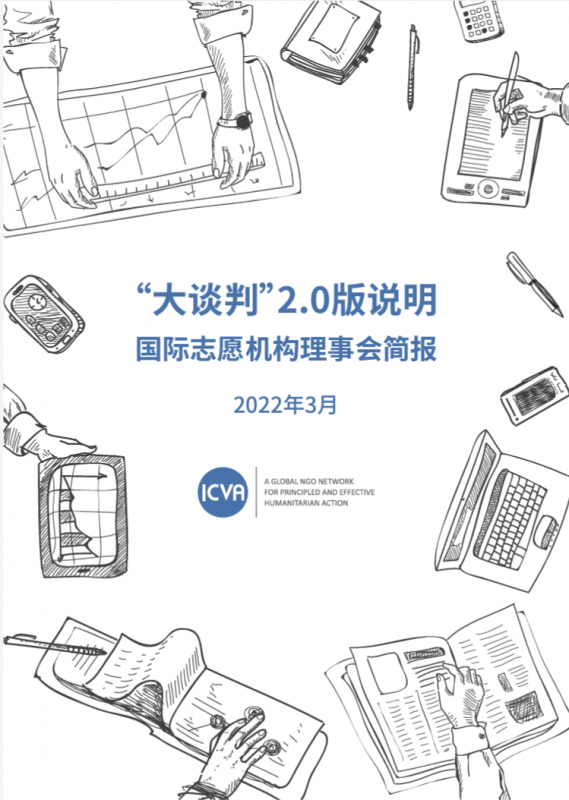
Following the ‘Grand Bargain explained’ paper published in March 2017, ICVA has drafted the ‘Grand Bargain 2.0 explained’ briefing paper to support humanitarian actors, particularly NGOs, to better understand and engage in this new phase of the Grand Bargain 2.0 from 2021 – 2023. Read the paper...
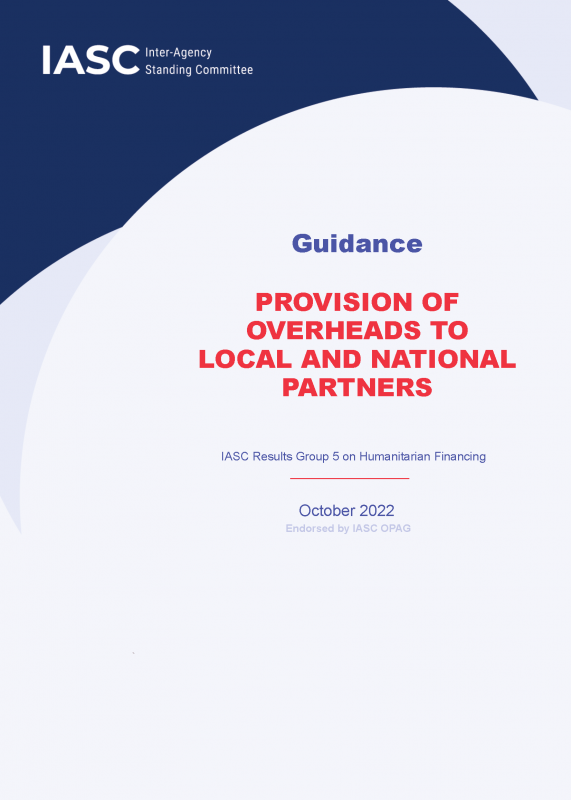
This document provides guidance for international humanitarian organizations (UN agencies and INGOs) which partner with local and national organizations on the issue of overheads. It provides recommendations for how to improve current policy and practice to ensure that local and national partners...
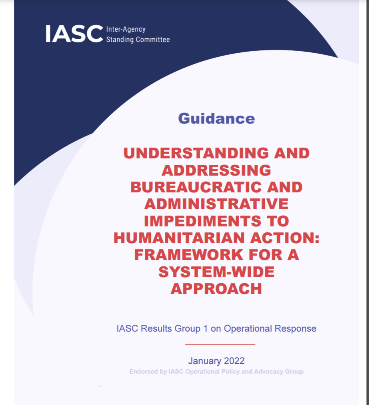
This framework aims to support Humanitarian Coordinators (HCs) and Humanitarian Country Teams (HCTs) better collectively understand and address Bureaucratic and Administrative Impediments (BAI) to the work of humanitarian actors.
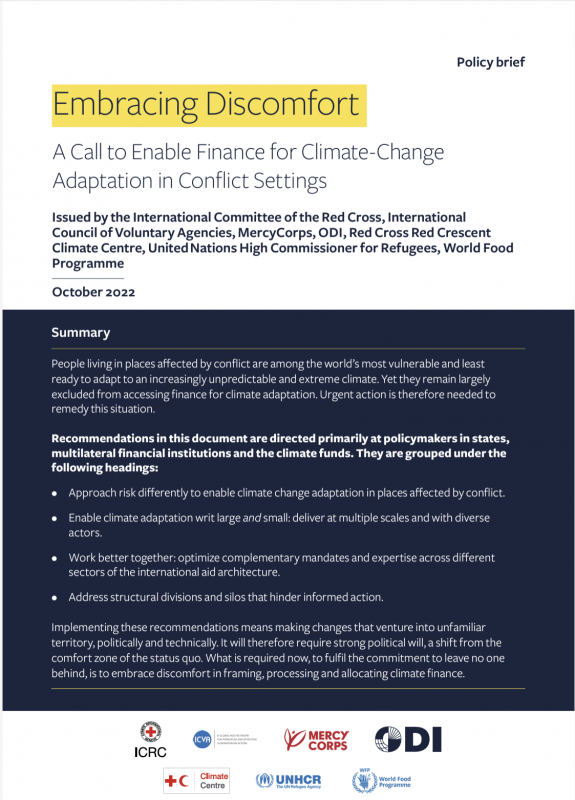
The paper focuses on the political will needed for the international community to step out of its comfort zone when it comes to channelling climate finance for climate-change adaptation. Current mechanisms are characterised by low risk appetites, cumbersome technical and procedural requirements,...
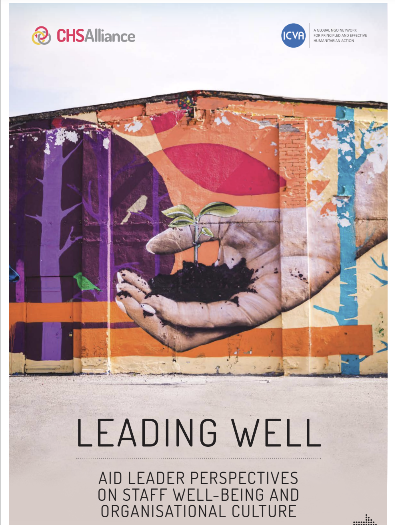
This is a collaboration between ICVA and CHS Alliance and it aims to add to the ongoing discussion on staff well-being in the humanitarian space and to provoke necessary discussion on how we can evolve – as individuals, organizations, and a system – trying to meet the needs of people in crisis.
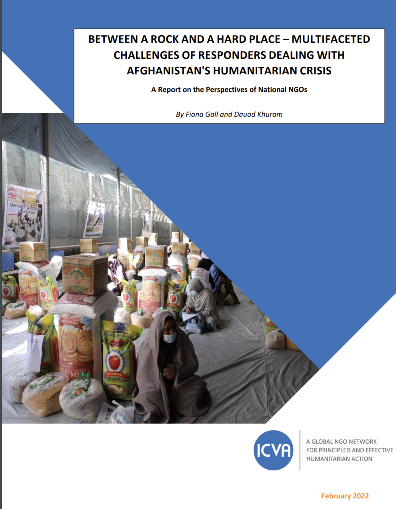
This briefing paper covers a historical analysis of NGO – Taliban relations. It highlights the challenges currently faced by the NGOs in Afghanistan, with a focus on national and local NGOs, based on findings from 41 key informant interviews and a desk review of currently available literature. It...

The research aims to better understand the current stage of the operationalization of the The Humanitarian- Development – Peace Nexus approach in the selected MENA region countries of Iraq, Syria, Syria cross-border from Turkey, Jordan, Lebanon, Palestine, Yemen, and Libya. It documents policy...
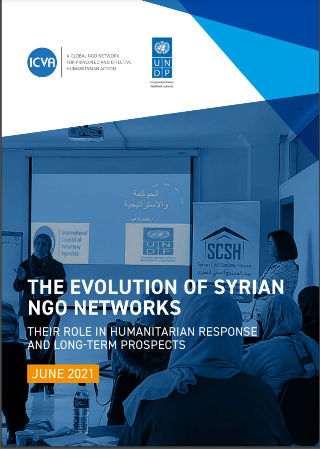
This study is part of the larger Syrian NGO Network Engagement and Partnership Programme, carried out by ICVA in strategic partnership with UNDP Syria. It aims to document the evolution of Syrian NGO networks over time, emphasizing how they have played a role in collective advocacy work and...